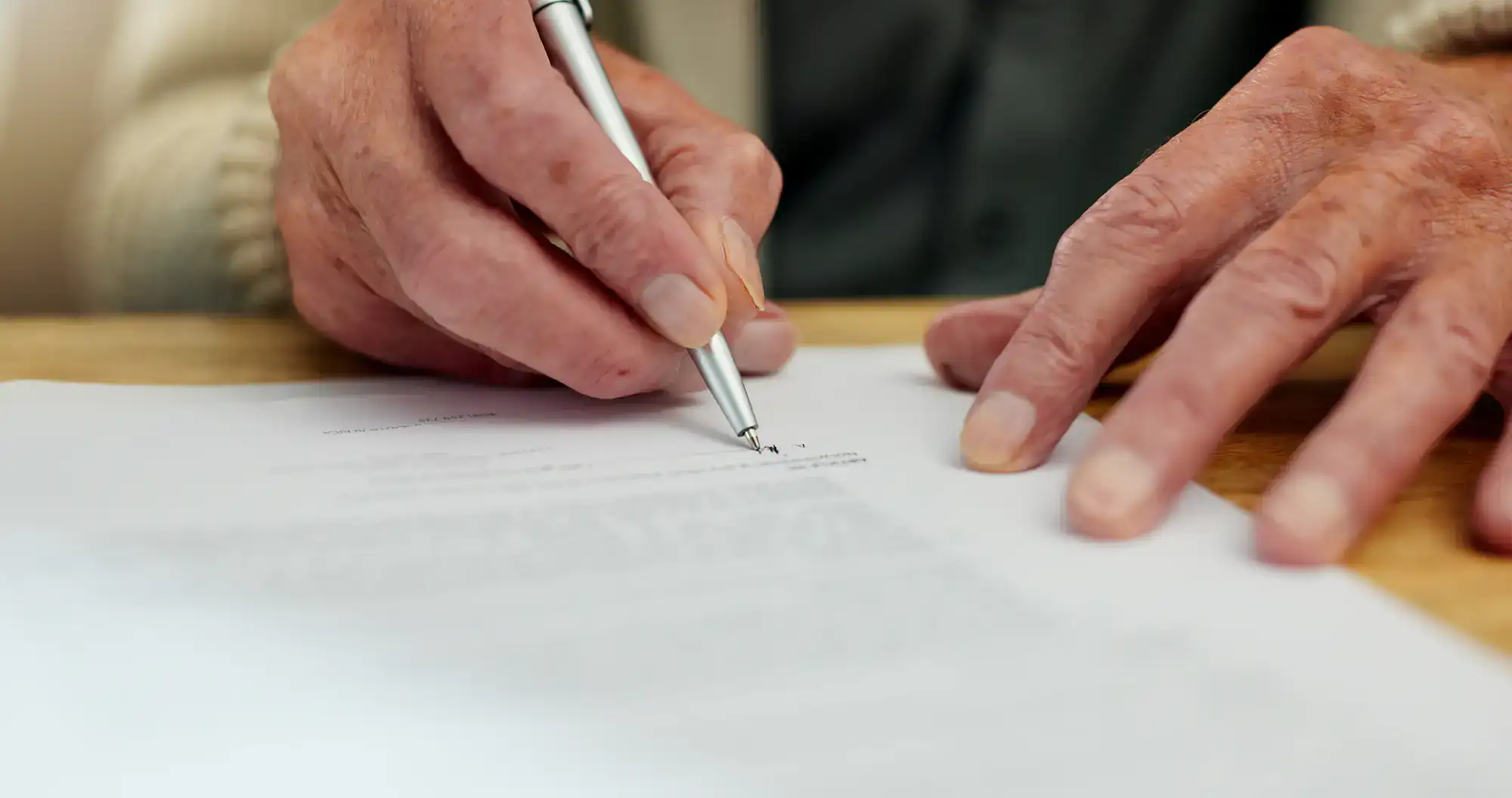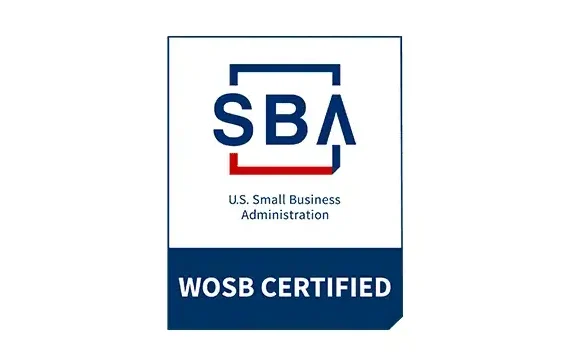Wills Attorney in Babylon, NY
Your Family's Future Deserves Legal Protection
Professional wills attorney in Babylon, NY creating legally sound documents that protect your loved ones and honor your wishes.


Estate Planning Attorney Babylon NY
Peace of Mind Through Proper Planning
When your will is properly drafted and legally executed, your family knows exactly what you wanted. No guessing. No family disputes over your intentions. No court battles that drain your estate. Your loved ones can focus on grieving and healing instead of navigating legal confusion. Your minor children have designated guardians you chose. Your assets go to the people and causes you care about most. This is what happens when you work with a knowledgeable wills attorney who understands New York law and takes the time to get your documents right the first time.
Babylon Wills Lawyer
Long Island Estate Planning Since 2012
We have been serving Babylon families and the broader Long Island community for over a decade. We understand the unique needs of Long Island residents, from homeownership considerations to multi-generational planning. Founded by attorney Cheryl L. Fratello, we offer bilingual services in Spanish and Italian. We provide home visits, hospital consultations, and nursing home meetings because we know legal planning shouldn’t stop when mobility becomes challenging. We were voted a highly-regarded North Shore, Suffolk County Law Firm by TBR News Media readers. This recognition reflects our commitment to personalized service and our deep understanding of local estate planning needs.

Will Preparation Process Babylon
Clear Steps to Complete Your Will
Your will preparation starts with a free consultation where you discuss your family situation, assets, and concerns. There’s no pressure and no obligation – just honest answers to your questions. Next, we draft your will according to New York State requirements. This includes proper execution with two witnesses, designation of your executor, and clear instructions for asset distribution and guardianship if you have minor children. Finally, you review and sign your completed will in the presence of witnesses. We ensure all legal formalities are met so your will stands up in court when needed. You receive guidance on storing your will safely and updating it as your life changes.

Ready to get started?
New York Will Requirements
What Your Will Must Include
New York law requires specific elements for a valid will. You must be at least 18 years old and of sound mind when signing. Your will must be written, signed by you at the end, and witnessed by two people who don’t inherit under your will. In Babylon and throughout Long Island, families often need to address homeownership, blended family situations, and care for aging parents. Your will can designate guardians for minor children, name your executor, and specify how you want your assets distributed. Without a proper will, New York’s intestacy laws determine who inherits your property. This means your spouse might not receive everything, and unmarried partners receive nothing. Your will gives you control over these important decisions instead of leaving them to state law.

Do I need a lawyer to write my will in New York?
You’re not legally required to hire a lawyer to write your will in New York, but it’s strongly recommended. While DIY will templates exist online, they often miss important details specific to your situation and New York law. A wills attorney ensures your document meets all legal requirements, including proper execution with witnesses. We help you think through complex family situations, tax implications, and guardianship decisions you might not consider on your own. The cost of hiring an attorney upfront is minimal compared to the potential legal problems and family disputes that can arise from an improperly drafted will. Your family deserves the peace of mind that comes from knowing your will is legally sound.
What happens if I die without a will in Babylon, NY?
If you die without a will in New York, you’re considered “intestate” and state law determines how your assets are distributed. This rarely matches what most people would actually want for their families. If you’re married with children, your spouse receives the first $50,000 plus half of the remaining assets, while your children inherit the rest. If you’re married without children, your spouse inherits everything. But if you have children from a previous relationship, the distribution becomes more complex. Unmarried partners receive nothing under intestacy laws, regardless of how long you’ve been together. The court also appoints a guardian for your minor children instead of allowing you to choose. A will gives you control over these crucial decisions.
How much does it cost to have a will prepared in Babylon?
The cost of will preparation varies based on the complexity of your situation and the attorney you choose. Simple wills for straightforward situations typically cost less than complex estate plans involving trusts, business interests, or tax planning. Most Long Island estate planning attorneys offer free initial consultations where you can discuss your needs and get a clear fee quote. This allows you to understand exactly what you’ll pay before committing to work with any attorney. Consider the cost of proper will preparation as insurance for your family’s future. The expense of hiring an attorney now is minimal compared to the potential legal fees, court costs, and family disputes that can arise from an improperly drafted will or no will at all.
Can I change my will after it's been signed?
Yes, you can change your will anytime before your death as long as you have the mental capacity to do so. New York law allows you to modify your will through a formal document called a codicil or by creating an entirely new will. Life changes like marriage, divorce, births, deaths, or significant changes in your financial situation often require will updates. You should review your will every few years or after major life events to ensure it still reflects your wishes. When you create a new will, it should specifically revoke all previous wills to avoid confusion. We can help you determine whether a simple codicil is sufficient or if you need a completely new will based on the changes you want to make.
What's the difference between a will and a trust?
A will takes effect only after your death and must go through probate court, while a trust can be active during your lifetime and often avoids probate. Wills are generally simpler and less expensive to create, making them suitable for many families. Trusts offer more privacy since they don’t become public records like wills do during probate. They can also provide ongoing management of assets for beneficiaries who might not be ready to handle large inheritances, such as minor children or family members with special needs. Many estate plans include both a will and one or more trusts. Your will handles assets that aren’t in your trust and names guardians for minor children, while your trust manages specific assets according to your detailed instructions. We can help you determine what combination works most favorably for your situation.
How long does the probate process take in New York?
The probate process in New York typically takes 6 to 12 months for straightforward estates, but complex situations can take much longer. Factors that affect timing include the size of the estate, whether anyone contests the will, and how quickly beneficiaries and creditors respond. The executor must file the will with the Surrogate’s Court, notify beneficiaries and creditors, inventory assets, pay debts and taxes, and distribute remaining assets according to the will. Each step has specific legal requirements and waiting periods. Having a properly drafted will can streamline the probate process significantly. Clear instructions, proper execution, and naming a capable executor all help avoid delays. For estates under $50,000, New York offers a simplified small estate process that can be much faster than full probate.








